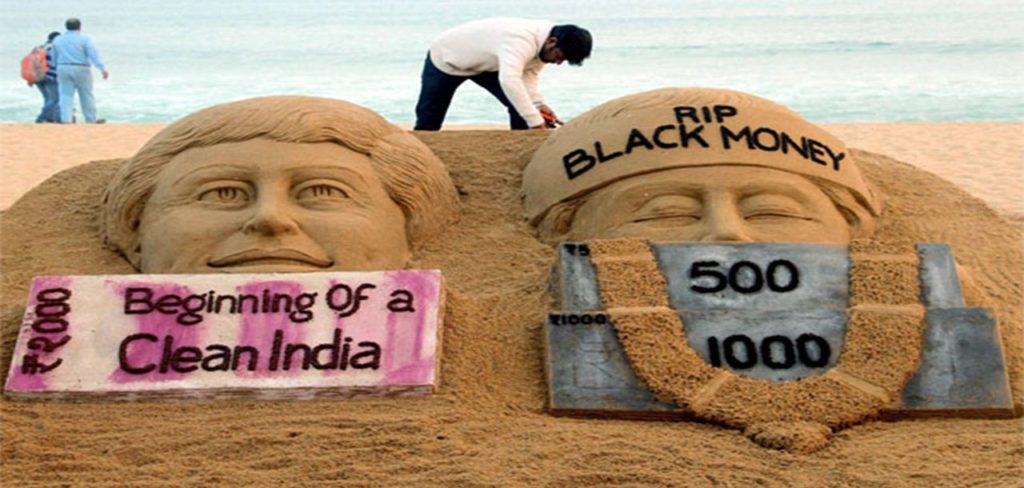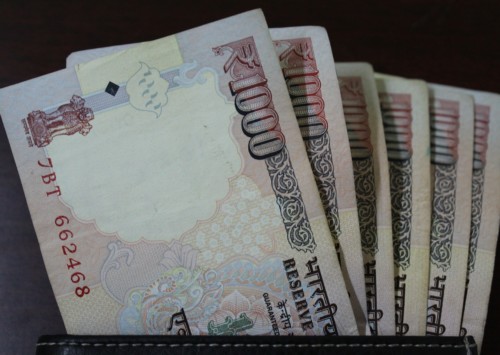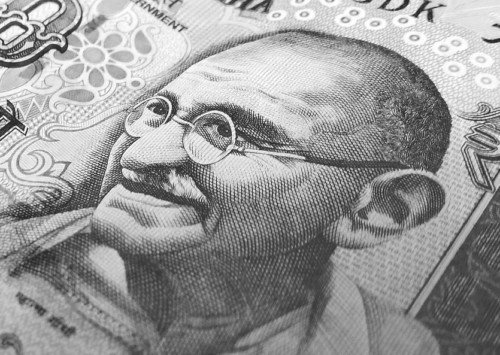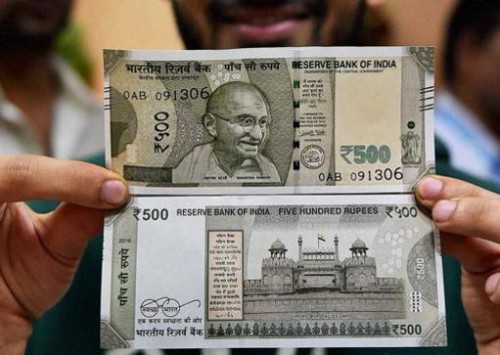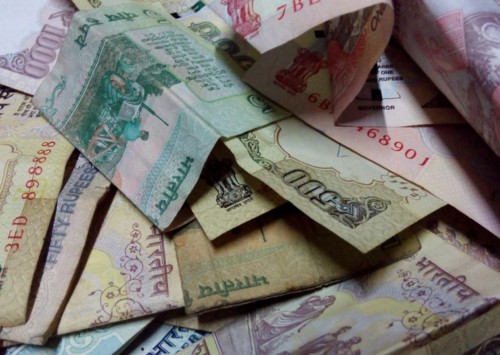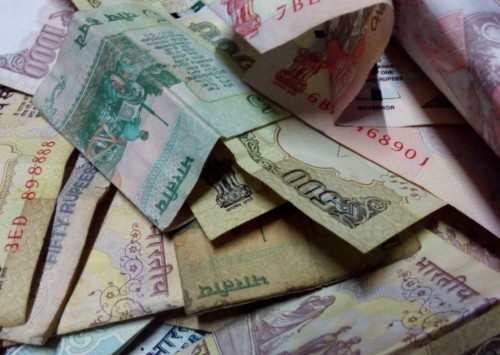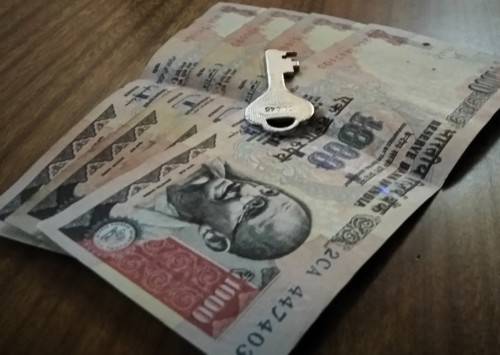Election Commission advocates monetary reforms for political parties
While a lot has gone on since discontinuing the high currency bills in India, the government is yet to take any measure on anonymous donations to political parties. Election Commission has now suggested a way forward by introducing cashless party funding.
Ever since the demonetization drive in India, new pegs of cleaning India are surfacing every day. Endless debates may continue, but one better admits that an executive decision taken by an elected government of a country like India can rarely go haywire unless the conspiracy is planned so deep that it goes beyond the electorates’ common understanding. The Election Commission of India has now suggested the government to walk the talk by cleaning the political system. If the government has to take Election Commission’s suggestions, it will have to begin the charity at home by going cashless and reducing the anonymous donation limit to INR 2,000 from INR 20,000. That would leave the government in a catch 22 scenario of monumental magnitude.
Political parties always had to and will have to depend largely on donations for contesting elections and running the party affairs on a day-to-day basis. With India taking lead in almost all the number games, figures of black money floating in the power corridors have also sky-rocketed to astronomical heights. No other species have proven the famous English quote so accurate than Indian politicians and business groups: ‘power corrupts, and absolute power corrupts absolutely’. It is always easy for the business class to donate a relatively smaller amount of money for a larger vested interest and it is even easier for the political parties to accept the same, return the favour through the power corridor whereas lawmen associated with each of the parties, not to mention the officials within the government, are there to find some loopholes to evade the doubtful patch.
A recent data published by the Association for Democratic Reforms (ADR) and National Election Watch (NEW), on the Contribution Reports submitted by the parties to the Election Commission of India (ECI) for the FY 2015-16 clearly shows incomplete disclosure of information in the donations report in ample numbers.
Of the seven national parties, Bharatiya Janata Party (BJP), Indian National Congress (INC), Communist Party of India (CPI) and Nationalist Congress Party (NCP) had not declared PAN details of 473 donations through which the parties collected a total of INR 116.8 million. Similarly, All India Trinamool Congress (AITC) has not provided cheque number, bank name on which it was drawn and the date on which the cheque was received or encashed for any of its 12 donors who contributed a total of INR 6.5 million.
It is interesting to note how Finance Minister Arun Jaitley’s latest comment is giving a clear signal to the political parties on how to deal with their black money!
Jaitley said, “Income and donations of political parties fall under the purview of Section 13A of the Income Tax Act 1961 and there is no change in its provisions.”
One may wonder if he is suggesting that political parties have a way out of this mess by printing backdated receipts and launder black money that parties can still take invalidated higher denomination currency notes including those from black money crooks for a decent cut and make as many as required backdated receipts to show the funds arrived before the announced cut-off date.
The big picture yet looks blurred. Given that the Narendra Modi-led government has waged a surgical strike with an intention to put an end to the black money culture, how come the biggest area of concern remained outside the strike zone? With 86 pc of the currency notes in circulation becoming invalid overnight, risking serious economic and social consequence, and a government regularly managing amendment of the income tax law for individuals of such a huge nation, how did it never plan first to expand the purview for political parties before launching the strike where there is hardly anyone who can deny politics, black money and corruption go hand in hand in India. It could not have been more appropriate if the government at the same time would have announced political funding will also become completely cashless.
According to a PTI report, there are 1,866 registered political parties in India as of August 2015 – many among them haven’t even contested elections. The concept of shadow candidates is very common in almost all constituencies of India for ages and now it is the easiest and safest way of pumping more black money into the main candidate’s kitty.
While the cap on election budget amount that a candidate can spend has been increased over a period of time, only a naïve person will believe that candidates actually restrict their spending to that amount in reality. There is no limit for either political parties or friends of the said candidates. As a result, a candidate may show he or she has spent INR 6.5 million remaining within the limit of INR 7 million, a friend can spend another INR 10 million and the political party can do double that. Where do all these lead?
The Supreme Court of India gave a judgment on September 13, 2013, clearly declaring that no part of a candidate’s affidavit should be left blank. Full details of all donors should be made available for public scrutiny under the Right to Information Act. This still seems a far-fetched dream.
Countries where this system is properly in place and vigorously followed are Bhutan, Nepal, Germany, France, Italy, Brazil, Bulgaria, the US and Japan. It is unimaginable for these countries to have 75 pc of the source of political funds to be unknown, as it is now in India.
Over the years, India has witnessed ECI’s suggestions, which may affect the power system badly, not find many takers. Where most of the political parties will now agree to disagree, Prime Minister Modi has no choice but to push his own party to agree in reducing anonymous donations. Only then, he can expect similar reactions from other leading parties, either from the opposition or from the treasury.
The urban and rural, poor and middle class Indian electorate is struggling and trying its best to cope with their daily strife in a cash-stripped situation only with a hope that there is an end to the tunnel and the black money culture will fade out. If the Modi government fails to reform and clean the political funding system as initiated by ECI and with further steps, and that too just because of his own party’s political agenda, then he better remember that cookies do crumble.

